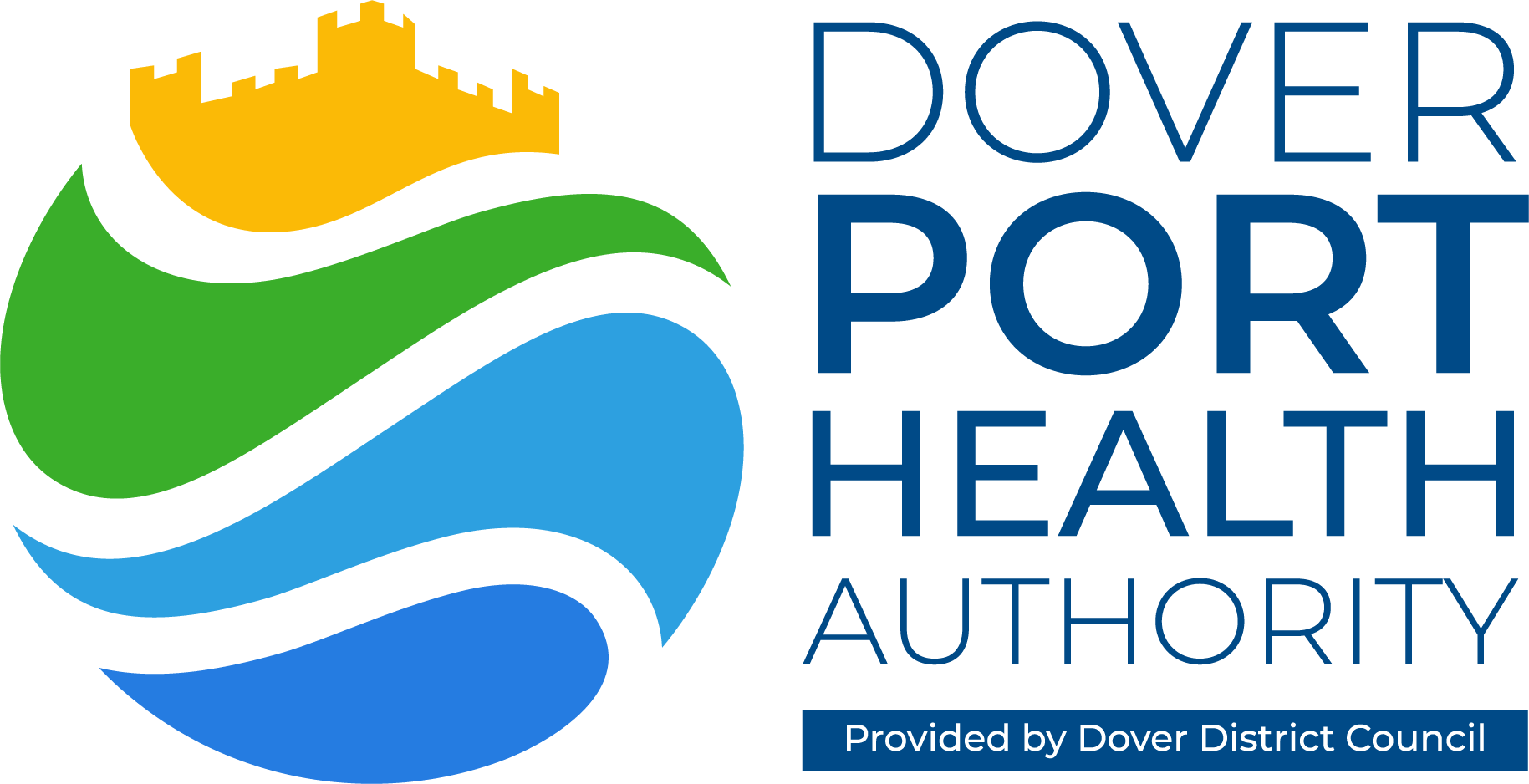Peste des petits ruminants (PPR) Controls
Peste des petits ruminants (PPR) also called ovine rinderpest is a viral disease which affects goats, sheep.
Peste des petits ruminants (PPR) also called ovine rinderpest is a viral disease, caused by a morbillivirus closely related to rinderpest virus, which affects goats, sheep, and some wild relatives of domesticated small ruminants, as well as camels. It was first reported in Ivory Coast in 1942.
PPR is a notifiable disease in Great Britain.
PPR was detected in July 2024, for the first time in Greece and Romania, both previously officially free of the disease.
Both countries have implemented control measures including zoning, movement restrictions, increased surveillance, and stamping out infected farms.
As of 9 August 2024, Greece has reported 47 outbreaks, with over 2000 cases, while Romania notified 56 outbreaks, with over 5000 cases.
In July 2024, several OVS notes and a Declaration of special measures in accordance with The Trade in Animals and Related Products Regulations 2011, were issued to notify of outbreaks of PPR in Greece and Romania and the temporary suspension of commercial imports of affected sheep and goat commodities, including:
- Live sheep and goats
- Ovine and caprine germplasm
- Raw milk and milk products derived from ovine and caprine animals
- Fresh and chilled (untreated) hides and skins of sheep and goats
- Untreated wool and hair from ovine and caprine animals.
Bulgaria notified the European Commission on 25 November 2024 of an outbreak of PPR at a sheep holding in Velingrad, in the South-central region of Pazardzhik.
In 17 December 2024, the existing declaration has been amendment by Peste des petits ruminants in the European Union: amendment to declaration of special measures (England) including the new restriction to milk and dairy products derived from ovine and caprine animals from Bulgaria.
To mitigate the risk of PPR, new restrictions are now being implemented on personal imports of certain sheep and goat commodities from the EU single market area.
Personal import from any EU or EFTA country, Greenland or the Faroe Islands of all milk and milk products (including animal by-products and derived products) from sheep and goats is suspended.
As of April 12, 2025, the UK has a ban on personal imports of meat and dairy products from the EU.
Following the recent outbreaks of FMD in Europe, individuals cannot bring certain products of ruminant and porcine origin from the EU, EEA states (Iceland, Liechtenstein, and Norway), the Faroe Islands, Greenland and Switzerland into Great Britain (England, Scotland and Wales) for personal consumption.
This applies to the fresh meat, meat products, milk, dairy products, colostrum, colostrum products and certain composite products and animal by-products of ruminant and porcine origin.
Exemptions from these rules include:
- infant milk
- medical foods
- certain low-risk composite products (including chocolate, confectionery, bread, cakes, biscuits, pasta and food supplements containing less than 20% animal products) as set out in Part 1 of Annex 1 to Regulation 2019/2122; and ii. the combined weight of products imported at any given time does not exceed 2kg.
The new control, which came into force from 21st August 2024, will reinforce the requirements for bringing sheep and goat products into Great Britain from the European Union (EU) and European Free Trade Association states. It will no longer be legal to bring sheep and goat products into GB unless they are produced to the EU’s commercial standards. Apart from products from Romania, Bulgaria and Greece which are completely banned from entering GB.
The successful collaboration between the Dover Port Health Authority and Border Force has shown incredible results in restricting people bringing in high-risk PPR products that could carry this virus until further notice.
Everyone can do their bit to help stop animal diseases spreading to this country by simply not bringing pork and other meats onto our shores.
